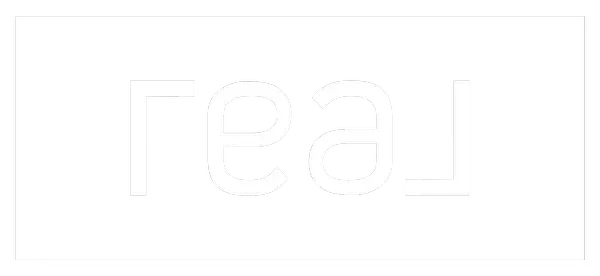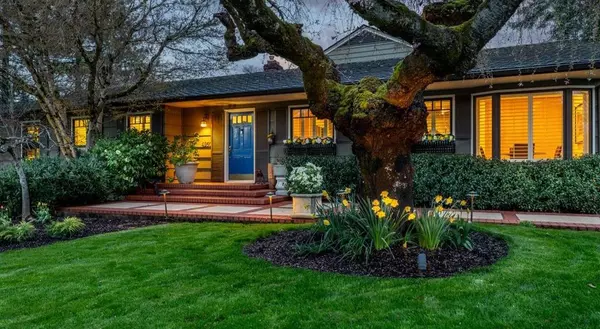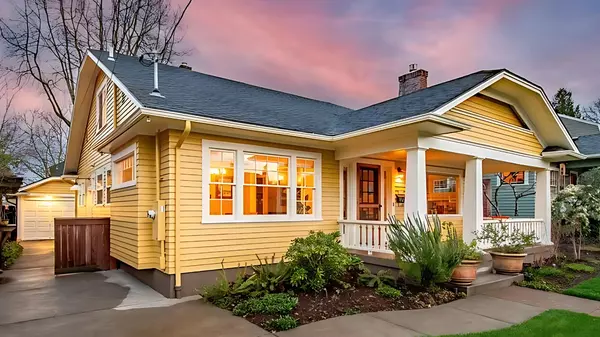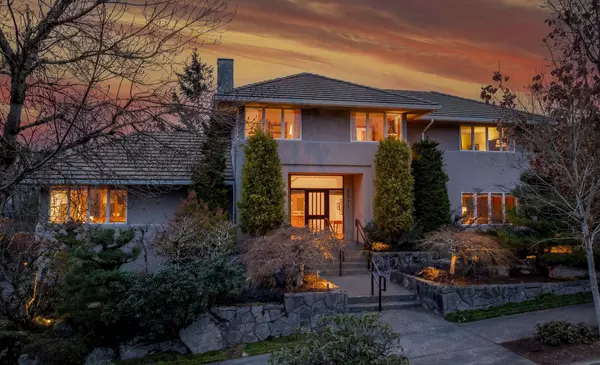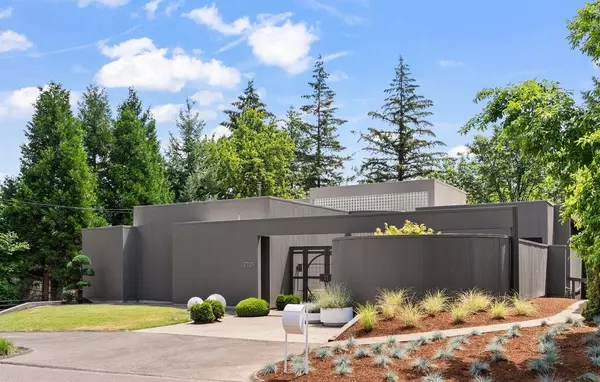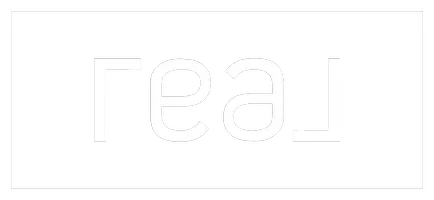How Much Is Your Home Really Worth?

How Much Is Your Home Really Worth?
In 1961, a pair of psychologists at Yale set up a simple experiment. They handed participants a coffee mug and asked how much they would be willing to sell it for. In a separate group, they asked people how much they would pay for the same mug. The result? The sellers valued the mug significantly higher than the buyers did.
This is the Endowment Effect, a powerful psychological bias that leads us to overvalue what we own simply because it is ours. And nowhere is this effect more pronounced than in the real estate market. The moment we decide to sell a home, we become that Yale participant gripping a coffee mug, convinced it is worth far more than the buyer believes.
The Pricing Delimma
Imagine two nearly identical homes in the same neighborhood. One is listed at $500,000, the other at $495,000. Which one sells first? If you're thinking the answer is arbitrary, you’d be mistaken. The home listed for $495,000 will statistically sell faster and closer to the asking price. This is because of a behavioral principle known as price anchoring—the first number a buyer sees establishes an expectation, and small psychological barriers can have an outsized effect.
In other words, when a home is priced just slightly above its true market value, it may linger unsold for weeks or months. Buyers, sensing an opportunity, will swoop in with offers that are significantly lower. The seller, indignant at what they see as a lowball offer, rejects it. The cycle continues, and the home stagnates on the market.
The Myth of Pricing High
Many homeowners fall into the trap of thinking they should price high and leave room for negotiation. This strategy, while intuitive, can backfire spectacularly. A home that is overpriced doesn’t attract negotiation—it attracts avoidance. Buyers assume they are dealing with someone who is unrealistic, and they move on to better-priced alternatives.
According to real estate data, homes that start too high often sell for less than they would have if priced correctly from the outset. The longer a home sits on the market, the more it signals to buyers that something is wrong with it. This is a phenomenon known as the "stale listing effect." Price reductions can help, but they also convey desperation. The best strategy? Price it right from the beginning.
The Science of Pricing It Right
So how do you determine the right price? The best strategy relies on three key data points:
-
Comparative Market Analysis (CMA): This is the real estate equivalent of checking the Kelly Blue Book before selling your car. Look at recent sales of similar homes in your area to get a realistic range.
-
The Power of Threshold Pricing: Buyers often search for homes within price brackets. If you price your home at $505,000, you miss buyers whose upper limit is $500,000. A price of $499,900 keeps you visible to more potential buyers and generates higher competition.
-
Psychological Pricing: A home priced at $499,000 feels dramatically less expensive than one at $500,000, even though the difference is minimal. Retailers use this tactic all the time. So should you.
The Market Moves in Stories
One of the most effective ways to price a home is to understand that buyers don’t buy numbers, they buy narratives. The young couple looking at your home isn’t just evaluating square footage; they’re imagining their child taking their first steps in the living room. The downsizing retiree isn’t just counting bedrooms; they’re dreaming of stress-free living. The best way to sell a home is to price it at the intersection of logic and emotion—where market data meets human aspiration.
The Final Thought
The difference between a home that sells quickly and one that languishes isn’t luck. It’s strategy. It’s understanding human behavior and resisting the biases that cloud judgment. Price your home too high, and you become the Yale participant clutching a coffee mug. Price it right, and you create an auction-like frenzy, where multiple buyers vie for the home and push the price up.
A home’s value isn’t what you think it’s worth. It’s what the market believes it is worth. And the best way to maximize that value is to remove emotion, embrace strategy, and let the numbers—and human psychology—do the work for you.
Categories
Recent Posts
